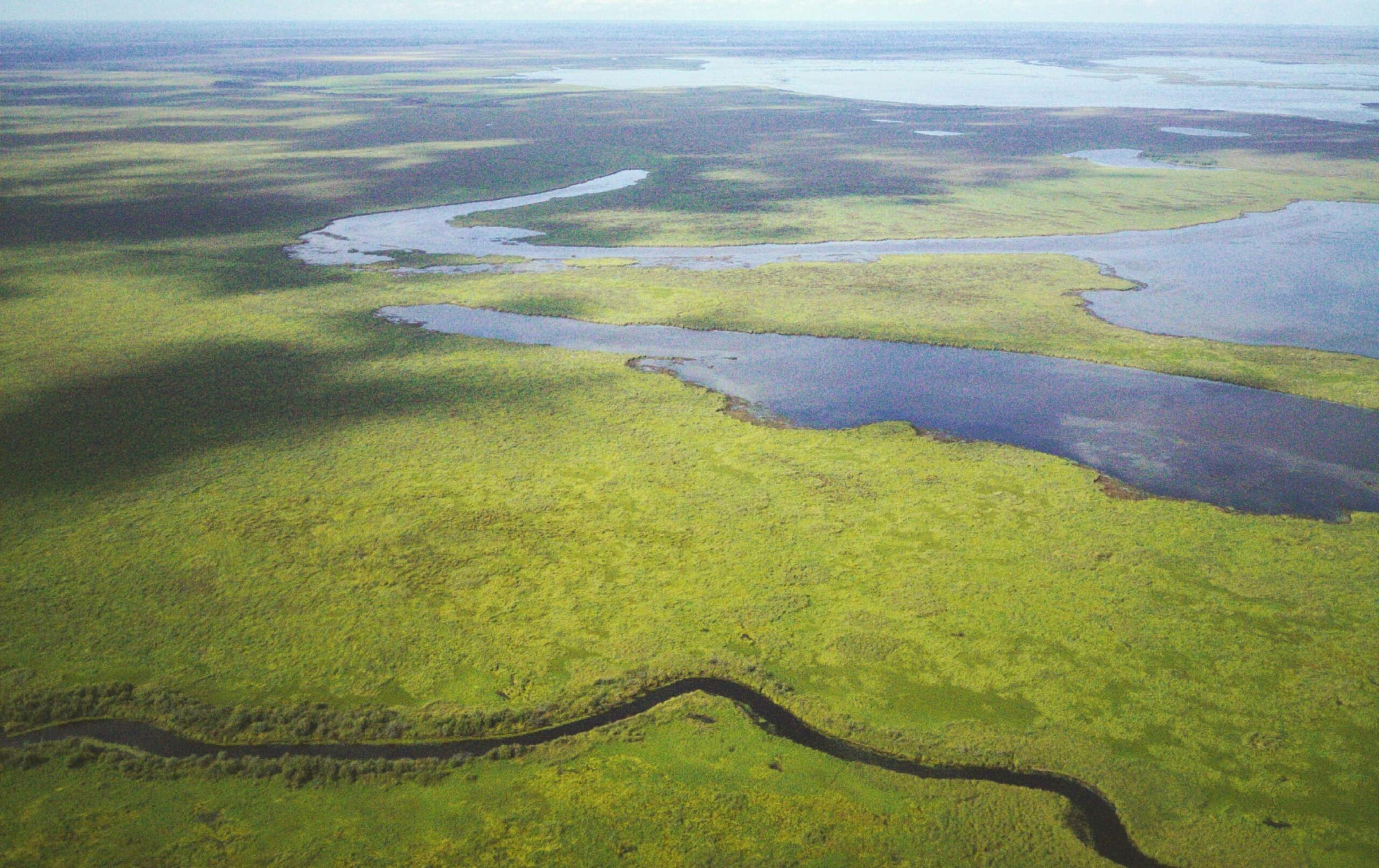Climate change impact assessment
We prepare climate change impact assessment studies on various areas to assist in strategic decision making.

The thermal effect that climate change may have on Iberian rivers is of particular concern, considering that they are also expected to be affected by a decrease in flow that will exacerbate this effect. Changes in water temperature could produce a higher frequency of toxic blooms due to the proliferation of cyanobacteria or a loss of thermal habitat by psychrophilic species that could corner them in small stretches at the headwaters of rivers until they disappear. In this context, the Iberian populations of brown trout(Salmo trutta), located at the southernmost latitude of their natural distribution area, can be traced to a better understanding of the future of the climate change process and its effects.
The objective of this research was to generate high spatial and temporal resolution models of river temperature in the studied watersheds in order to predict the effect that climate change may have on river ecosystems and, in particular, on thermal habitat, and consequently, to design appropriate management and adaptation plans to prevent its negative effects on the communities of cold water organisms and, more specifically, on the common trout as an indicator of the state of health of the river.
The project is one of those carried out in 2018 within the framework of the “subsidies to third sector entities or non-governmental organizations that develop activities of general interest considered to be of social interest in the field of scientific and technical research of an environmental nature” by the Ministry for Ecological Transition.

The objective of this research was to generate high spatial and temporal resolution models of river temperature in the studied watersheds in order to predict the effect that climate change may have on river ecosystems and, in particular, on thermal habitat, and consequently, to design appropriate management and adaptation plans to prevent its negative effects on the communities of cold water organisms and, more specifically, on the common trout as an indicator of the state of health of the river.
The project is one of those carried out in 2018 within the framework of the “subsidies to third sector entities or non-governmental organizations that develop activities of general interest considered to be of social interest in the field of scientific and technical research of an environmental nature” by the Ministry for Ecological Transition.
The activities carried out were: (1) data collection of the meteorological variables of temperature and precipitation, collecting surface data from available networks and applying quality controls, including an inhomogeneities filter with in-house technique; (2) collection of water temperature data in the selected rivers, thus building a sufficient observational database for the models; (3) generation of a model for water temperature, establishing relationships between surface meteorological variables (especially air temperature) and river temperature, with experimental validation to estimate its accuracy; and (4) projection of future climate scenarios using the FICLIMA statistical regionalization methodology, based on the different RCP scenarios of the IPCC Fifth Report.
We prepare climate change impact assessment studies on various areas to assist in strategic decision making.